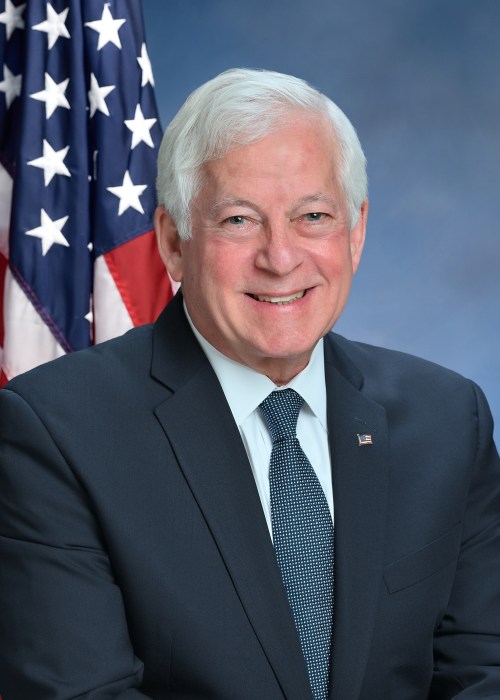“Community Agreement” suggests consensus and harmony.
Why then are the defenders of Garden City’s Community Agreement so militant about any discussion regarding whether it continues to be relevant to governing the affairs of the village?
The population of each of the four sections is not equal, and has not been for decades. How then are two representatives from each section reflective of representative government?
Is it reasonable to expect that in any given year each of the four sections can muster two equally qualified individuals with the capacity to assume without compensation the responsibilities of what are essentially full-time executive roles?
And, since its unification and incorporation in 1919, have not village trustees had a fiduciary duty to all residents, not just those from “their section?” Are we not one village?
Except for the sphere of influence claimed by each of the four property owners associations is anyone aware of any internal borders within the village?
Despite the warmth the words “community agreement” generate, there is no denying that this negotiated “solution” was created to address the distrust and conflict that existed among the original three communities (each then known as “Garden City”) prior to their unification. The “solution” was directed at avoiding dominance of any one “community” over the others and an “unnecessary tax burden.”
That said, when in the history of the village did each of the four property owner associations become the sole means of communication by which resident taxpayers can have a say in how their real estate tax dollars are spent on current village operations and invested in its infrastructure for the future?
Each reader should ask themselves – Do I remember when I signed the “Community Agreement?” Do I remember when it was put on the ballot for residents to vote “for” or “against” it?
Is not democratic government about choice?
Mudslinging in the name of “politics” is unhealthy at any level of a society. It is divisive. Disparaging those that disagree with incumbents, because they threaten the status quo, is not befitting of neighbors who say they are more interested in the future of Garden City than themselves.
“Politics” is a good thing. Politics, according to Wikipedia, “is a process by which groups of people make collective decisions.” Black’s Law Dictionary (Fifth Edition) defines Politics. “The science of government; the art or practice of administering public affairs.”
Informed decisions require information and a process that is pro-active, inquisitive and real. Such decisions necessarily reflect substance over form and are not reactionary.
Unfortunately, for too long the meetings of the board of trustees have been more about going through the motions of a “public meeting.” Residents are allowed to speak, but are not heard. Contracts are approved while substantive questions remain unanswered. Recently we learned that the Board is abusing its legal authority and moving into “closed door, executive session” to discuss and decide matters that New York State law requires be addressed in public meetings.
“Community Agreement” suggests consensus and harmony. Unfortunately, the “process” it represents does not currently appear to be working in the interests of the majority of the residents of our village.
Bob Sundius
Bob Sundius has been a resident of Garden City for 26 years. He is treasurer for the Friends of Garden City Residents, a founding member of the Citizen’s Budget Review Committee, serving 3-1/2 years, and a financial and restructuring advisor to middle market companies.


























